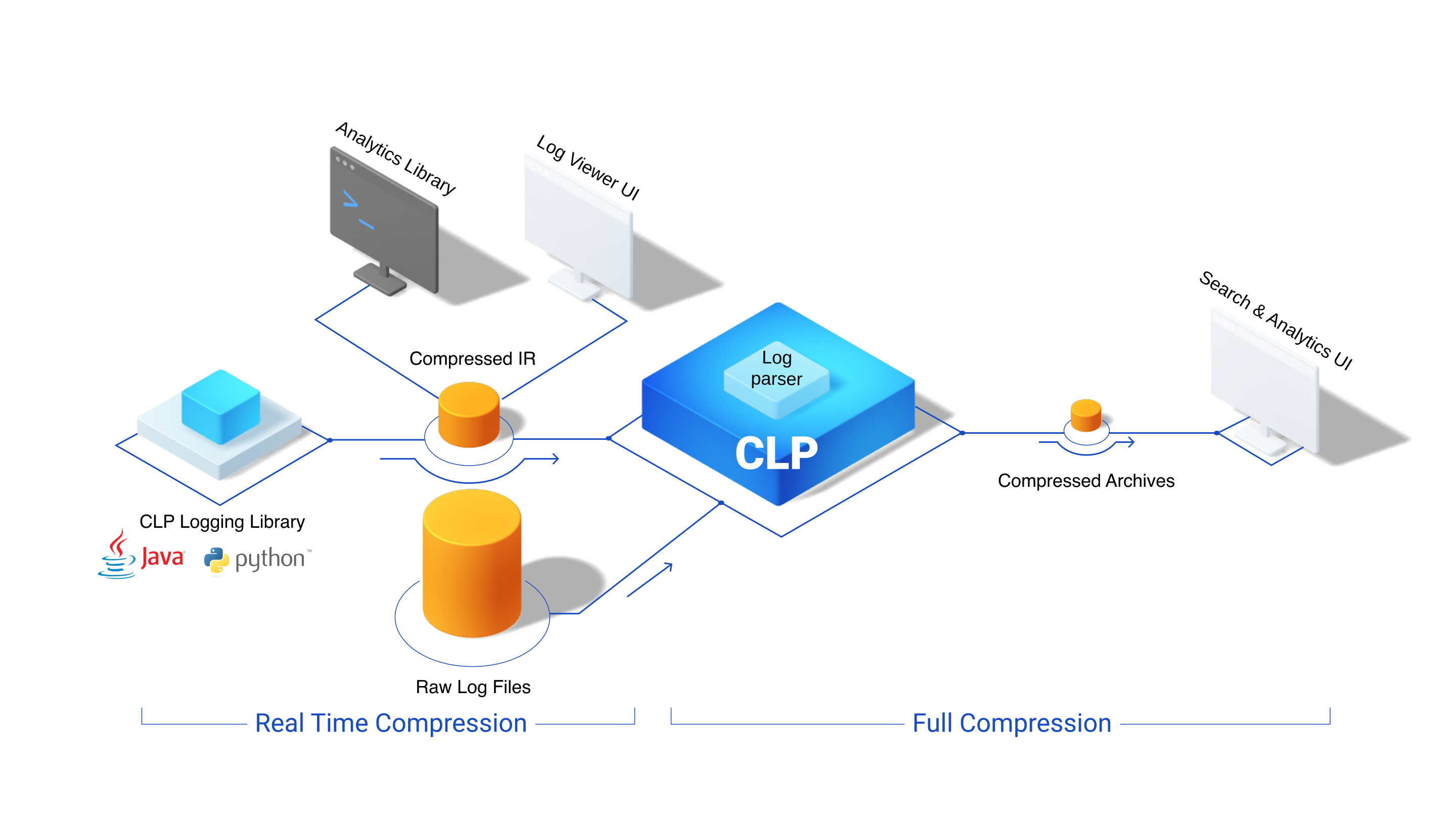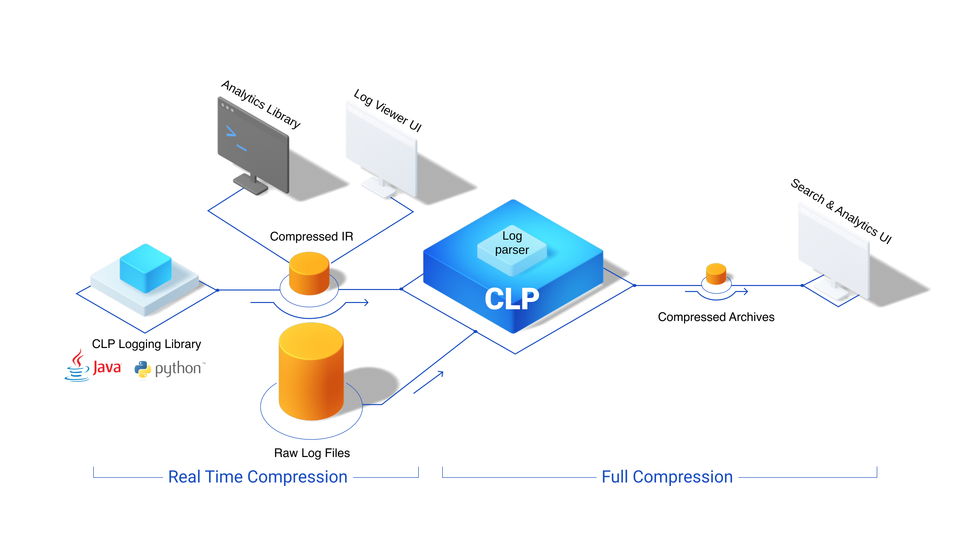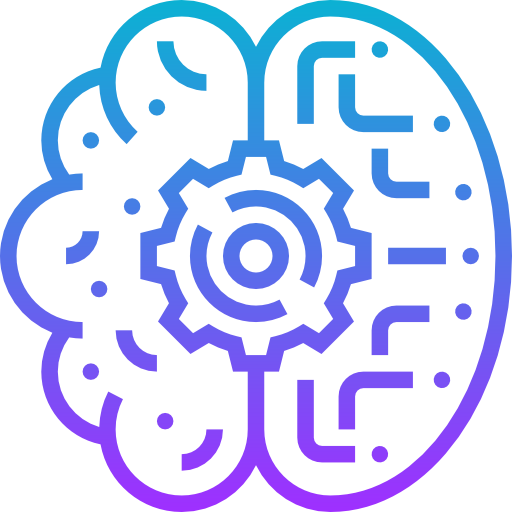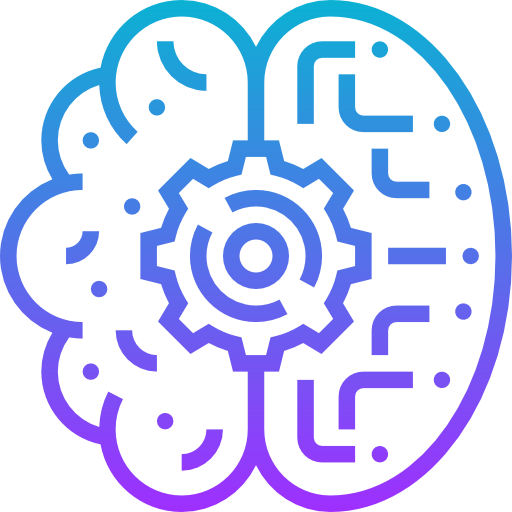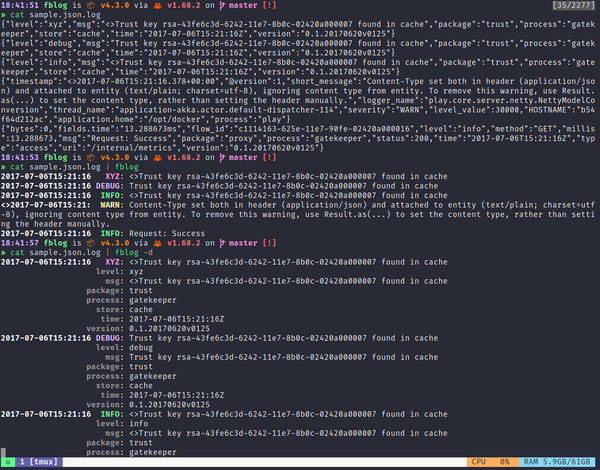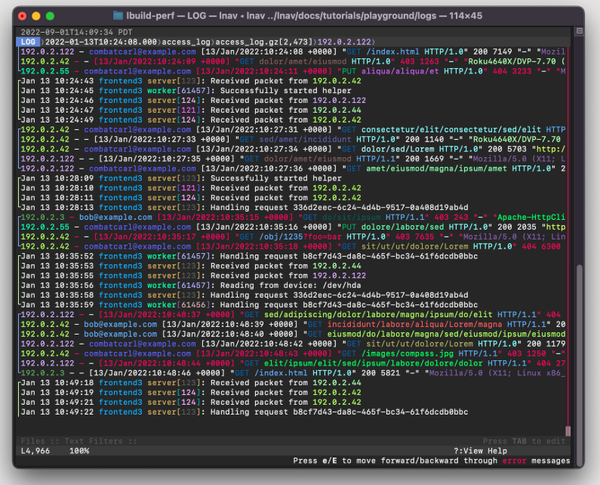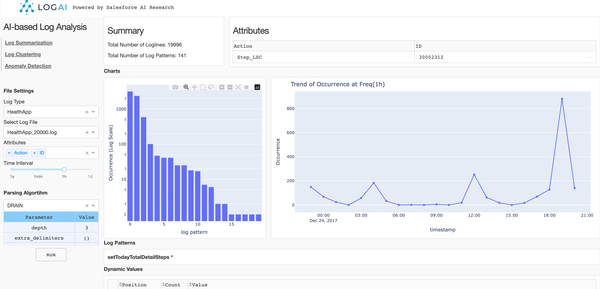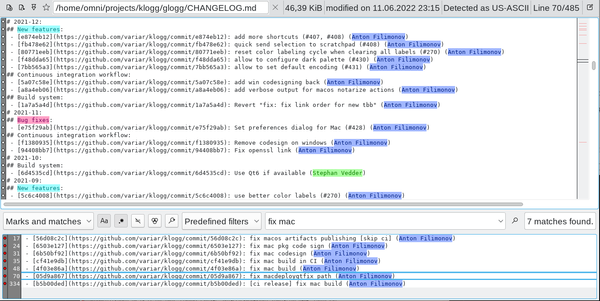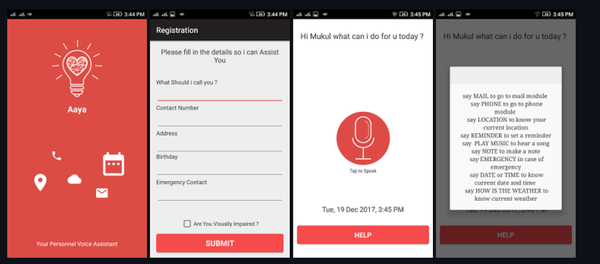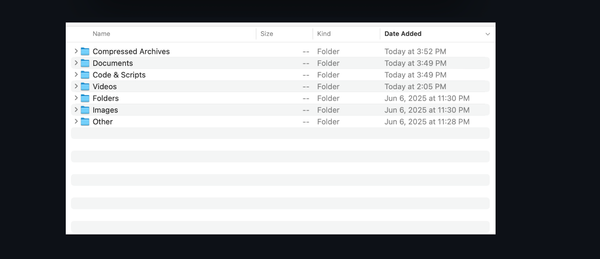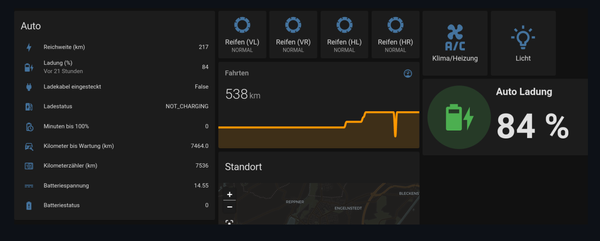YScope Compressed Log Processor (CLP): Compressed Log Search Without Decompression, The Future of Log Management
Table of Content
Logs are the lifeblood of system monitoring and troubleshooting. Whether you're managing a high-traffic web service, building an electric vehicle platform, or maintaining large-scale cloud infrastructure, log data is essential, but it comes at a cost.
Storage bloat, slow search performance, and inefficient ingestion pipelines can quickly become bottlenecks. That’s where CLP (Compressed Log Processor) from YScope steps in, not just as another logging tool, but as a complete end-to-end solution that changes how we think about log compression, search, and analytics.
Unlike other log management tools, CLP doesn't rely on indexes for search. While tools like Elasticsearch and Splunk depend heavily on indexing (which inflates storage), CLP’s index-less design allows direct searching in compressed archives, giving you better compression ratios and faster queries.
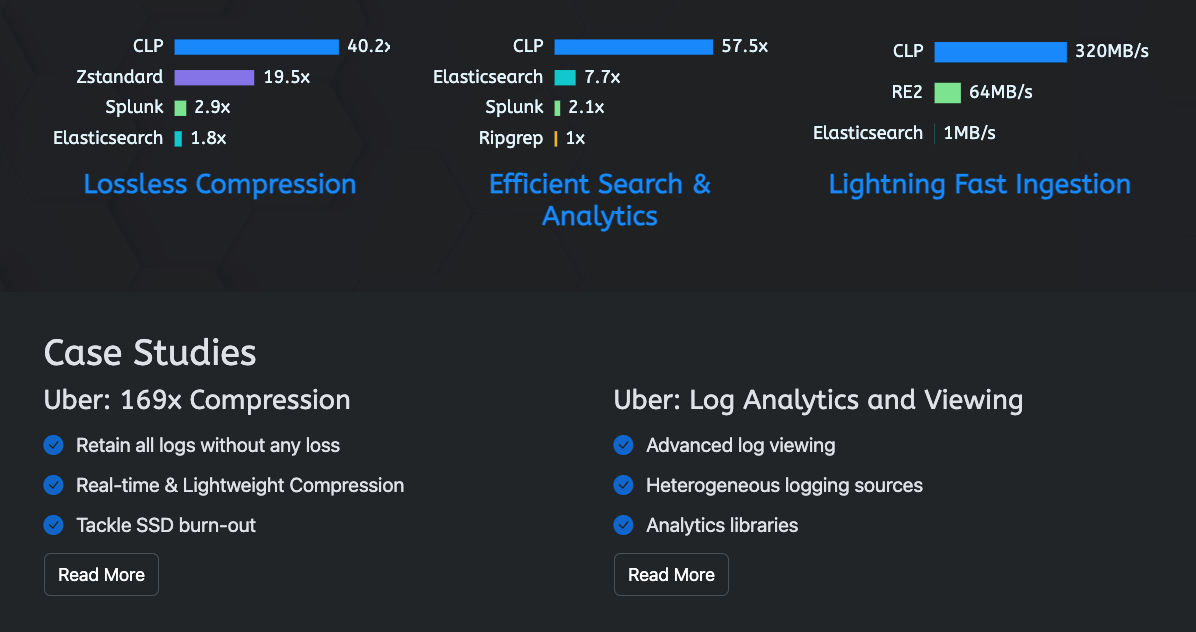
CLP isn’t just theoretical, it’s already in production at companies like Uber , where it powers massive log reduction and enables efficient analytics across heterogeneous systems. Uber uses CLP to retain all logs without loss, perform real-time ingestion, and analyze logs using advanced viewer tools.
Other early adopters include edge computing platforms and automotive tech companies dealing with telemetry data from distributed devices.
Let’s break down why CLP stands out and who should be paying attention to this powerful open-source platform.

Why You Need CLP in Your Logging Stack
If you're facing any of these challenges:
- High storage costs due to uncompressed logs
- Slow query response times on large datasets
- Limited disk space for long-term log retention
- Inefficient or partial log searches
- Need for real-time log compression without sacrificing performance
Then CLP is built for you .
Features
1. Lossless Compression with Superior Ratios
CLP achieves up to 169x compression ratios , far exceeding general-purpose compressors like Zstandard. This means less disk usage, reduced network bandwidth, and lower cloud storage costs, all while keeping every bit of your log data intact.
2. Search Logs Without Decompressing
Forget the need to decompress before searching. CLP allows direct querying of compressed logs , eliminating unnecessary I/O overhead and enabling faster insights. No more waiting for gigabytes of logs to unpack just to find one error line.
3. Real-Time Compression via Native Libraries
With native support for Python , Log4j1/2 , and Logback , CLP integrates directly into your logging libraries. It compresses logs at the source — before they hit disk or network , reducing SSD wear and improving overall system efficiency.
4. Advanced Web-Based Log Viewer
CLP's viewer supports features like filtering by log level (e.g., show only ERROR or FATAL logs), structured navigation, and real-time viewing of compressed IR files. It's not just a viewer — it's a smart interface designed for developers and SREs.
5. Fast Log Parsing Engine
Powered by a custom pushdown automata-based parser , CLP processes logs 3x faster than RE2-based regex engines , making it ideal for high-throughput environments.
6. Edge Analytics Ready
CLP isn’t just for the cloud. It’s deployed in electric vehicles , where real-time compression and onboard analytics reduce reliance on cloud transmission and cut operational costs.
7- Intermediate Representation (IR):
For real-time compression and viewing
Who Can Benefit from CLP?
CLP is ideal for:
- Software Engineers & DevOps Teams
Reduce debugging time with fast, searchable logs and eliminate bloated log files. - Data Scientists & Analysts
Analyze compressed logs directly using Python or Go libraries, no preprocessing required. - Automotive & IoT Developers
Deploy CLP on edge devices for local log compression and analysis without relying on the cloud. - Cloud Architects
Cut storage costs dramatically and optimize ingestion pipelines for microservices and serverless environments. - IT Managers & Site Reliability Engineers
Improve system reliability with lossless logs and fast root cause analysis.
How to Get Started with CLP
Getting started is easy:
- Install CLP, available as open-source on GitHub.
- Integrate with your existing logging libraries (Python, Java).
- Ingest logs from cloud, local, or edge sources.
- Search and Analyze through the web UI or programmatic libraries.
Whether you're running a small startup or scaling enterprise-level services, CLP adapts to your needs.
Final Thoughts
CLP from YScope isn’t just another logging tool, it's a paradigm shift in how we handle log data. From real-time compression and lightning-fast ingestion to advanced analytics and edge deployment, CLP delivers a full-stack solution that’s both powerful and practical .
If you're looking for a way to reduce log storage costs, improve search performance, and future-proof your logging pipeline, CLP is worth your attention .
Ready to take control of your logs?
Resources & Downloads
